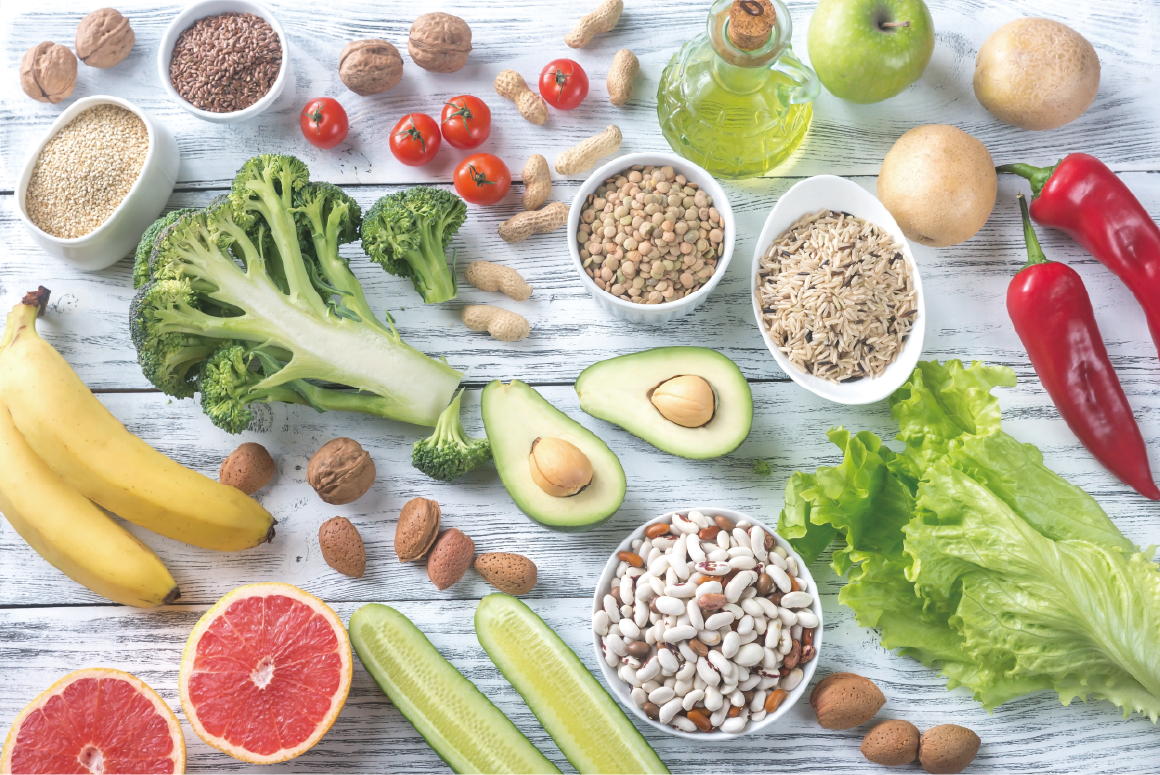Did you know that the type of protein you consume not only affects your overall health but also plays a crucial role in kidney function? Research suggests that incorporating plant-based protein into your diet can help reduce the risk of chronic kidney disease (CKD), minimize the accumulation of uremic toxins, and support kidney function.
Today, let's explore why plant-based protein is beneficial for kidney health and how you can easily integrate it into your daily diet.
What Are Uremic Toxins, and How Are They Related to Protein?
The kidneys are responsible for filtering waste from the blood. When kidney function declines, waste products from protein metabolism may not be efficiently excreted, leading to the accumulation of uremic toxins, which can negatively impact health. Some common uremic toxins include:
- Urea: A byproduct of protein metabolism that, when excessive, increases the strain on the kidneys.
- Creatinine: A waste product from muscle metabolism and meat consumption that accumulates when kidney function is impaired.
- Indoxyl Sulfate: Produced when gut bacteria break down animal protein, potentially triggering inflammation.
When uremic toxins build up, they can cause symptoms such as fatigue, nausea, swelling, and even cardiovascular complications. Choosing the right protein sources to minimize uremic toxin production is essential for maintaining kidney health.

How Does Plant-Based Protein Benefit Kidney Health?

- Reduces Uremic Toxin Production and Kidney Strain
Plant-based diets have been shown to slow CKD progression and reduce proteinuria. Their high fiber content helps lower the production of uremic toxins.
In CKD patients, a higher protein-to-fiber ratio in the diet is associated with increased levels of p-cresyl sulfate and indoxyl sulfate—both harmful uremic toxins[1].

- Lowers the Risk of Chronic Kidney Disease
Replacing some animal protein (e.g., red and processed meats) with plant-based protein can reduce CKD risk.
Every additional 5 grams of dietary fiber intake is linked to an 11% reduction in CKD risk, highlighting the benefits of fiber-rich plant-based diets[2][3].

- Promotes Gut Health and Reduces Inflammation
High-fiber plant-based diets support the growth of beneficial gut bacteria. Fiber acts as a prebiotic, nourishing these good bacteria. As bacteria ferment fiber, they produce short-chain fatty acids (SCFAs), which:
◎ Strengthen the gut barrier, preventing harmful substances from entering the bloodstream.
◎ Have anti-inflammatory and immune-regulating effects[4].
The gut is often referred to as the "second kidney"—maintaining gut microbial balance can help reduce kidney-related complications.
How to Incorporate More Plant-Based Protein into Your Diet
Looking to increase your plant-based protein intake? Start with small, manageable changes in your meals! Here are some excellent sources of plant-based protein that are kidney-friendly:
Best Plant-Based Protein Sources
- Legumes: Soybeans, black beans, red beans, chickpeas, edamame (can be made into soy milk or tofu).
- Nuts & Seeds: Cashews, almonds, walnuts, flaxseeds, chia seeds.
- Whole Grains: Brown rice, oats, quinoa, buckwheat, millet.
- Vegetables: Spinach, broccoli, kale.
Dietary Tips
- Opt for whole, unprocessed plant-based foods over processed alternatives.
- Choose steaming, boiling, or stewing over frying or grilling to reduce kidney strain.
- No need to completely eliminate animal protein—aim for a balanced approach by increasing plant-based protein while reducing animal protein consumption.
Choose the Right Protein for a Healthier Kidney
Protein selection is not just about how much you eat, but what kind you eat!
- Increasing plant-based protein intake can reduce uremic toxin accumulation and be more kidney-friendly.
- A fiber-rich diet promotes gut health, helping the body eliminate toxins more effectively.
- Prioritize natural food sources and minimize processed foods to maintain a well-balanced diet.
Consult a doctor or nutritionist before making dietary changes, especially if you have CKD, to ensure proper protein intake without compromising health.
References
[3] Taiwan Vegetarian Nutrition Society: Can a Plant-Based Diet Really Reduce CKD Risk?
